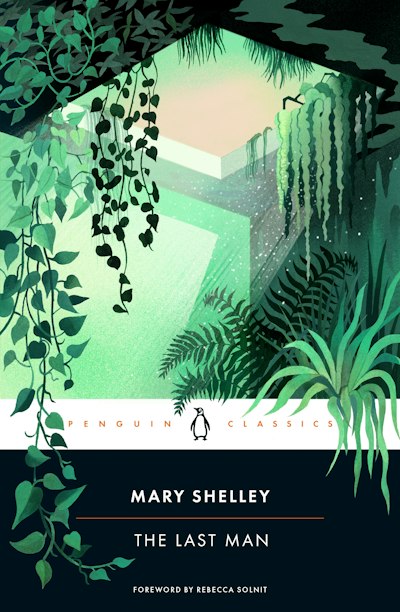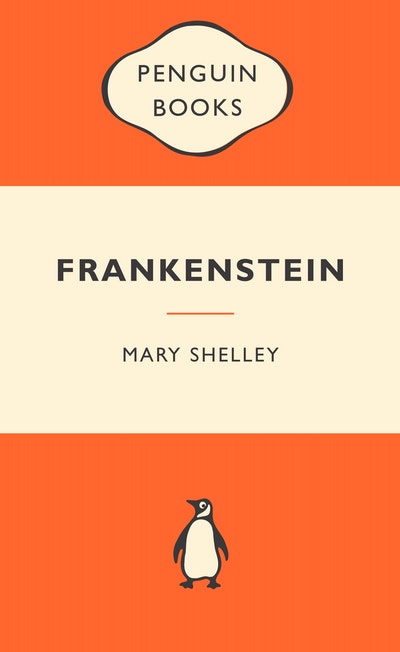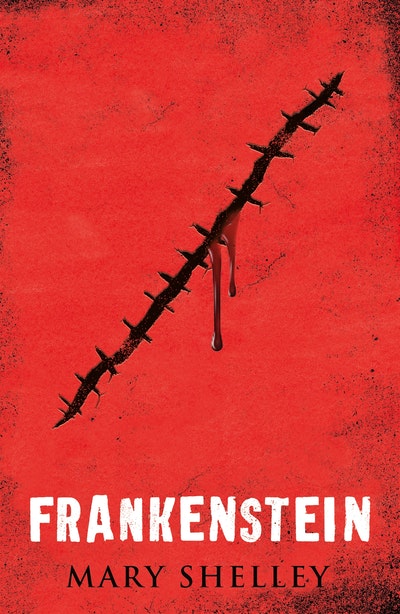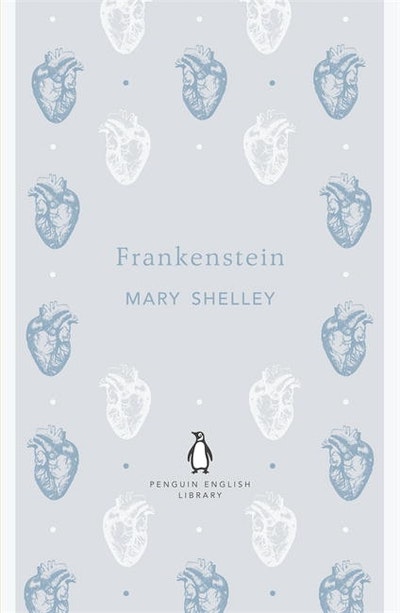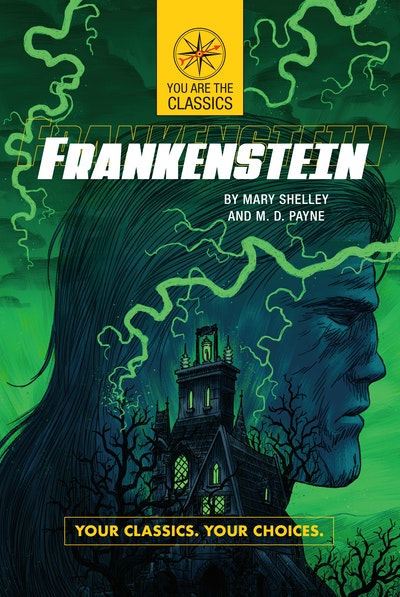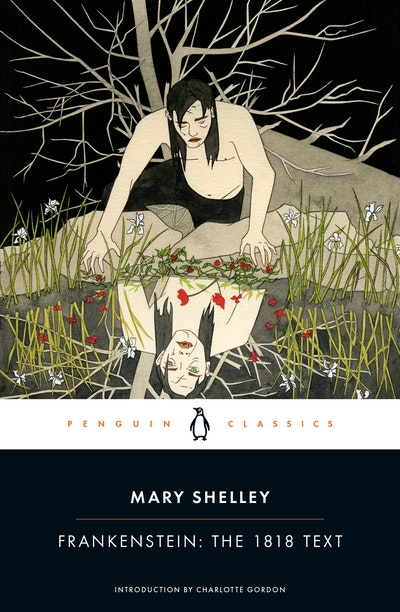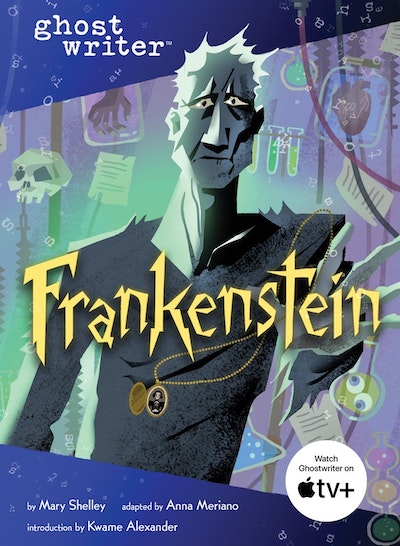The childhood of Mary Shelley (1797 – 1851), sounds rather like a dark fairy-tale. Her mother died giving birth to her and she was brought up by a remote father and a step-mother who hated her. Her step-sister was a depressive and later committed suicide and Mary had little in common with her step-brother or her half-brother. As a young girl, she escaped into books and would often read by the side of her mother's tomb.
In 1813 Mary met Percy Bysshe Shelley. He was only twenty-one but was already unhappily married. He was destined to be one of the geniuses of English poetry. The two fell in love and eloped, despite Mary's age. Her father, William Godwin, disowned her, but still she and Shelley were married in 1816. They settled in Italy but tragedy seemed to follow them. Only one of their four children lived very long and then, in 1822, when he was just thirty, Shelley was drowned. Mary lived for another thirty years but she lost the promise that she had shown in the company of her brilliant husband and his friends, such as the poet Lord Byron. The single book that we remember her for belonged to her happy time in Italy.
It was Byron who suggested in 1817, that they each write a horror story. The result in Mary's case, was Frankenstein. As well as being creepier than most other books in the genre, Frankenstein has a far better story-line and is in the end, both moving and tragic. Amazingly, a young girl of twenty gave us the book whose name has become synonymous with horror.
